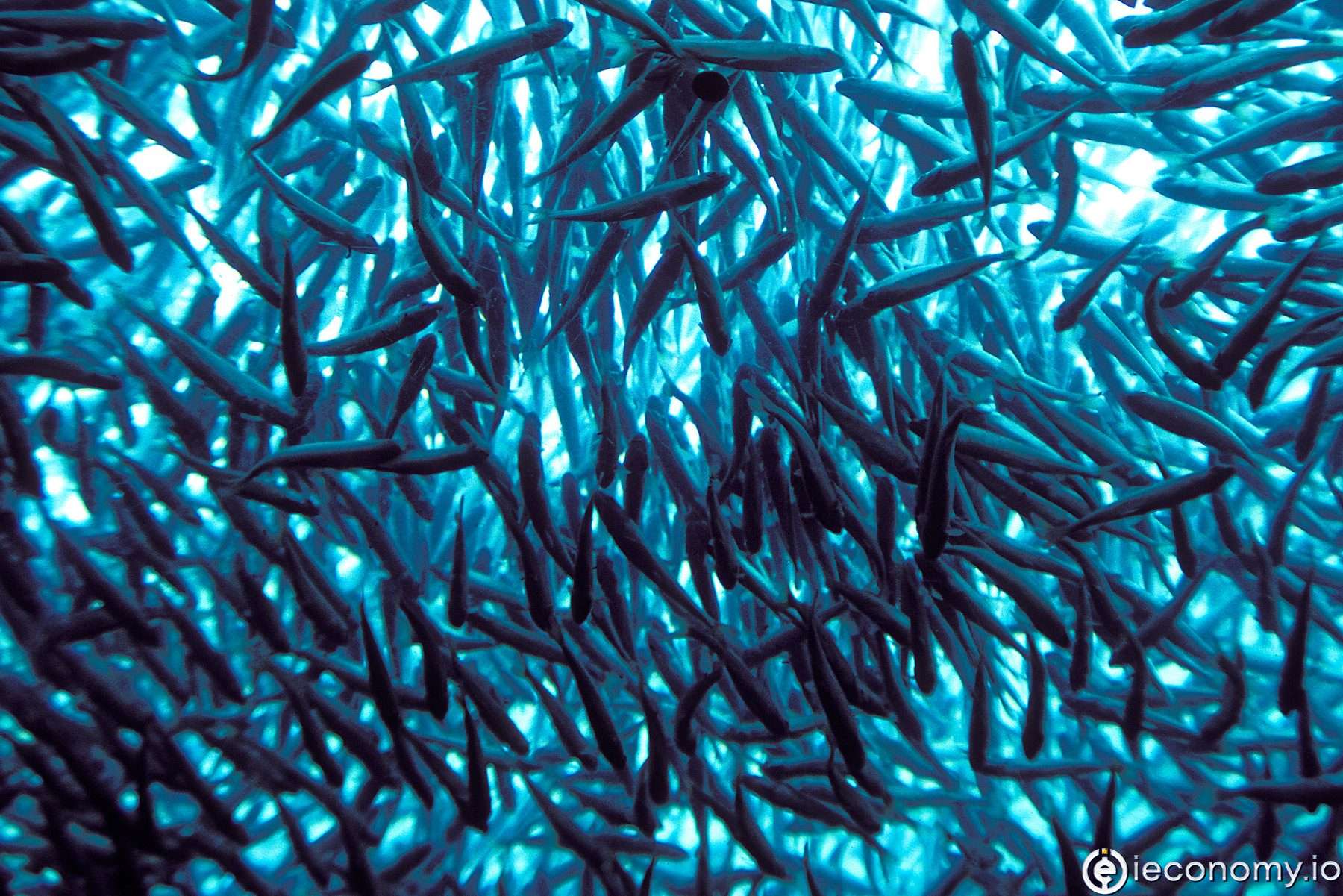3205
0
The EU has proposed a new approach to a sustainable blue economy
The EU has proposed a new approach to a sustainable blue economy. Healthy seas are a prerequisite for combating climate change.

Yazar: Tom Roberts
Yayınlanma: 18 Mayıs 2021 21:59
Güncellenme: 3 Mart 2026 04:01
The EU has proposed a new approach to a sustainable blue economy
The European Commission proposed a new approach to a sustainable blue economy in the EU for industries and industries related to the oceans, seas and coastal areas. The Commission clarified that a sustainable blue economy is crucial for achieving the objectives of the Europe Green Agreement and ensuring recovery from the new coronavirus pandemic. According to the EC proposal, all sectors of the blue economy, including fisheries, aquaculture, coastal tourism, maritime transport, port activities and shipbuilding, will have to reduce their impact on the environment and the climate. The preconditions for combating climate change and the loss of biodiversity are healthy seas and the sustainable use of their resources in a way that brings alternatives to fossil fuels and traditional food production. The transition to a sustainable blue economy requires investment in innovative technologies, with the EC arguing that wave and tidal energy, seaweed production, the development of innovative fishing gear or the restoration of marine ecosystems will create new jobs and business opportunities in the blue economy. The blue economy agenda includes, in particular, achieving the goals of climate neutrality through the development of blue energy (from the oceans), the decarbonisation of maritime transport and the greening of ports. It is also a sustainable energy mix, including energy from floating wind turbines, geothermal energy, wave energy and tidal energy (in 2050 it should account for a quarter of the electricity generated in the EU). European ports could be used as energy hubs. This program also includes the transition to a circular economy and the reduction of pollution, including through renewed standards for the design of fishing gear, the recycling of ships and the decommissioning of offshore platforms, as well as measures to reduce pollution by plastics and microplastics. The Commission argues that protecting 30 percent of the EU's marine areas will reverse biodiversity loss, improve fish stocks, help mitigate climate change, and bring significant financial and social benefits. Coastal projects concern the development of green infrastructure and the protection of coasts against the risk of erosion and floods, which will also help to preserve biodiversity and protect the landscape, while benefiting tourism and the economy. The goals of the blue economy also include ensuring sustainable food production - sustainable seafood catching and new marketing standards, the use of algae and seagrass, tighter fisheries control, as well as cell-based seafood research and innovation will help better protect european seas. Cooperation on the sustainable use of the marine environment is to be stimulated by a new blue forum for marine operators to coordinate dialogue between offshore operators, stakeholders and scientists in fisheries, aquaculture, shipping, tourism and renewable energy. The financing of a sustainable blue economy will be handled by the EC and the European Investment Bank Group, composed of the European Investment Bank (EIB) and the European Investment Fund (EIF). These institutions will work with EU Member States to meet financial needs in order to reduce pollution in Europe's seas and promote investment in blue innovation and the blue bioeconomy. The EU's blue economy covers all sectors and sectors related to the oceans, seas and coastal areas, whether they are directly linked to the marine environment (shipping, seafood, energy production) or to land (ports, shipyards, coastal infrastructure). According to the latest EC report, the traditional sectors of the blue economy provide 4.5 million direct jobs and generate a turnover of more than € 650 billion a year.İLGİLİ HABERLER





European stocks soared and focus shifted to German retail sales after Powell's speech!

Forex Signal For TRY/USD: Inflation Slowdown in November.

Forex Signal For GBP/USD: Bullish Trend Still Not Breaking While Recovery Continues.

Forex Signal For EUR/USD: Starry US Data Points to Higher Fed Increases.

Forex Signal For BTC/USD: Downside Continues as Bitcoin Recovery Moves Less.
En Popüler Haberler
Yorum Yap
Yorumlar
Henüz yorum yapan yok! İlk yorumu siz yapın...